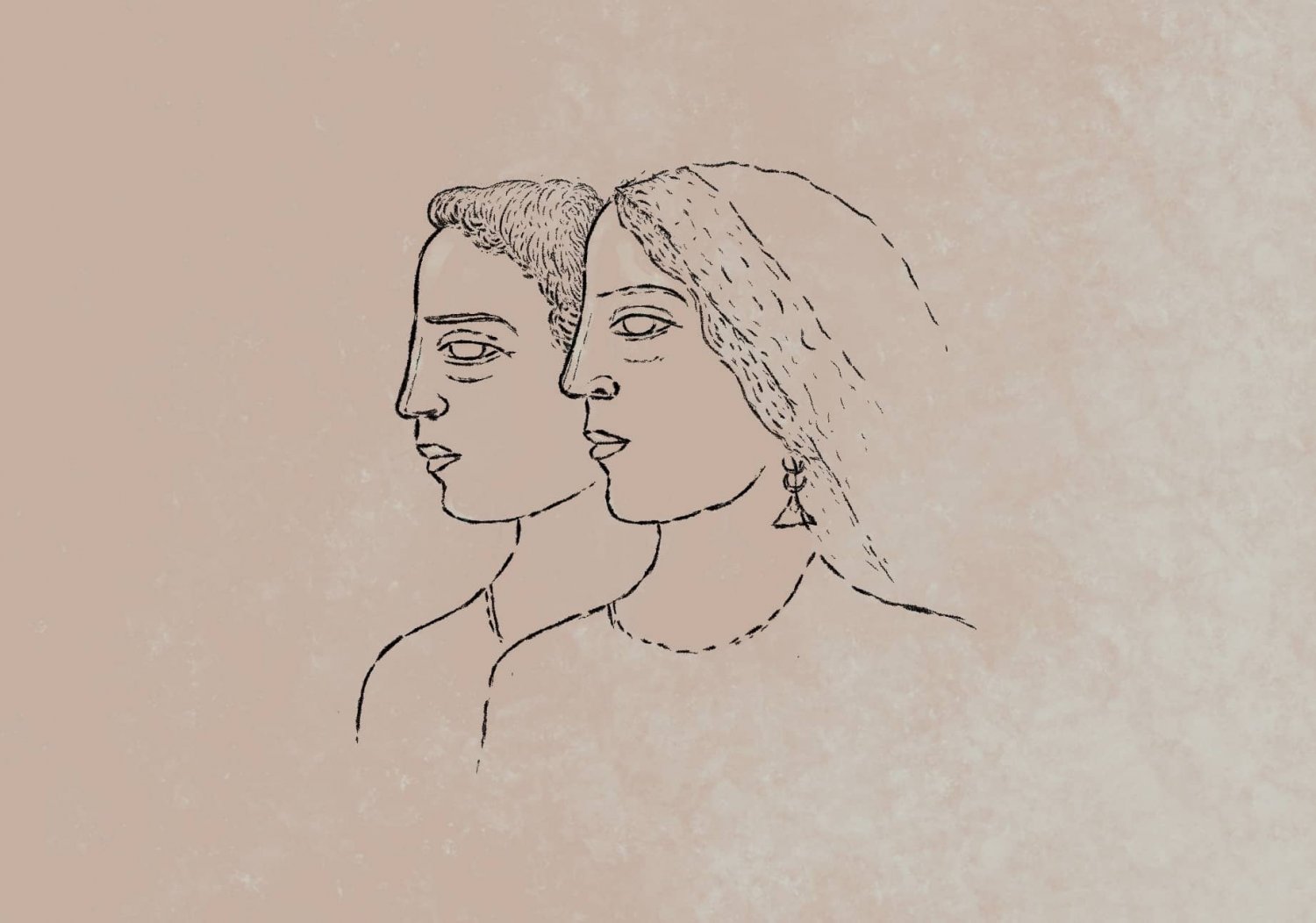Background: Palestinian from the West Bank who holds a Palestinian Authority ID marries a Palestinian Jerusalemite with an Israeli permanent-resident ID (family unification case)
Status: Has applied and been rejected several times for permanent-resident status
In 1998, a quiet and reserved young woman named Ayah1 made a decision she thought would improve her life: She married a Palestinian who was a permanent resident of Jerusalem. Originally from a destroyed village east of Ramla, Ayah was born and raised in a refugee camp in the occupied West Bank and had a Palestinian Authority ID. She had visions of a comfortable life as a future holder of an Israeli permanent-resident ID—more disposable income, a nicer home, and trips around historic Palestine without the restrictions on her movement that she had experienced as a Palestinian Authority ID holder. More than 20 years later, her experience living in Jerusalem couldn’t be further from that vision.
Ayah married Ahmad in October 1998. She was 18; he was 28. She moved to her husband’s home, located in the northeast area of the city. The newlyweds assumed that getting a permanent-resident ID for Ayah would simply entail going through a routine bureaucratic process, which others had navigated successfully.
In the late 1990s, during the early years following the Oslo Accords, procedures at Israeli checkpoints were not as rigid as they are today, and the Separation Wall had not yet been built. Most importantly, the Qalandiya checkpoint, erected in 2001, was a mere roadblock and not the massive airport-style terminal it is today (see Closure and Access to Jerusalem). There was a checkpoint in Beit Hanina near the Dahiya roundabout but, according to Ayah, it was easy to cross, because the soldiers didn’t check IDs consistently. Until about 2001, Ayah was able to travel between Jerusalem and the refugee camp where she had grown up with relative ease. She was still able to see her family whenever she wanted, and she could go to the beach in Jaffa with her husband.
When asked why she and her husband didn’t start the application process sooner, she said it was Ahmad’s responsibility: “I was ignorant. I didn’t know. I didn’t know the process. No one enlightened me. Ahmad should have been more aware than me. He should have known.”

